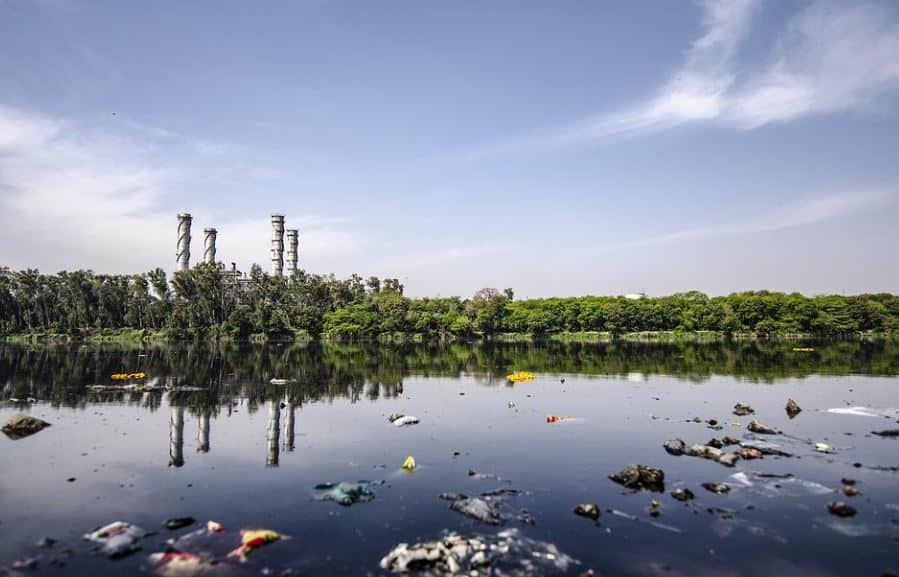EPA Rule Reversal Gives States Power to Block Polluting Projects

WASHINGTON — The Environmental Protection Agency plans to return authority to the states to cancel pipeline, coal and other infrastructure projects that risk polluting waterways.
The Trump administration removed the authority in 2020 under what environmentalists said was an incorrect interpretation of the Clean Water Act.
While Trump sought economic development, Biden wants to protect the environment as global warming becomes a growing menace.
The EPA announced its planned reversal of the policy Thursday. The proposed change now enters a 60-day public comment period before it can take effect.
“For 50 years, the Clean Water Act has protected water resources that are essential to thriving communities, vibrant ecosystems and sustainable economic growth,” EPA Administrator Michael Regan said in a statement. “EPA’s proposed rule builds on this foundation.”
Congress intended the Clean Water Act in 1972 as the primary federal law governing pollution of rivers, streams and lakes. In addition to setting limits on pollutants, it also funded cleanup projects, such as for wastewater treatment and wetland restoration.
Section 401 of the Clean Water Act authorizes states to certify that discharges from economic development projects will not violate the states’ water quality standards. The states can block permits and licenses to developers if their projects create excessive pollution.
New York previously used its authority to halt gas pipeline construction that it said deviated from its climate agenda. Washington and Oregon also have blocked projects.
The Trump administration overrode the Section 401 state authority by invoking an interpretation that gives the federal government the ultimate jurisdiction over “waters of the United States.” Trump argued the Clean Water Act applies solely to navigable waters that affect interstate commerce rather than all waterways.
More than a dozen states sued to block the Trump administration’s rule. The Supreme Court upheld it by a 5-to-4 majority ruling in April.
The Supreme Court ruling was welcomed by industries that felt imposed upon by the previous state authority.
The American Petroleum Institute said the state authority “needlessly delayed or denied [permits], stalling critical energy infrastructure projects.”
Some of the same industry groups that supported the Trump rule are giving early indications they oppose the EPA’s new revision.
The EPA announcement responded to concerns that its reinstated rule would sacrifice economic development when it said it was “empowering states, territories, and tribes to use Congressionally granted authority to protect precious water resources while supporting much-needed infrastructure projects that create jobs and bolster our economy.”
In addition to coal mines and oil pipelines, the infrastructure projects could include highways, hydroelectric dams, housing developments and other real estate ventures.
The EPA’s proposed rule says it would restore the intent of Congress under the Clean Water Act.
“The inability of states and tribes to protect against such impacts could seriously impair their ability to protect valuable water resources,” the rule says.
The EPA announcement won quick praise from state administrators and environmentalists.
“Partnership at the state and federal level on issues like water quality is the best way to achieve results,” said New Jersey Department of Environmental Protection Commissioner Shawn M. LaTourette.
The Natural Resources Defense Council said in a statement, “The EPA’s proposal would rightly restore power to states and tribes to protect their waters from harm, and signals our nation’s streams, lakes, and wetlands will be better protected by the people who deeply understand their water resources, guided by science and law.”
Tom can be reached at [email protected] or on Twitter at @tramstack.

























